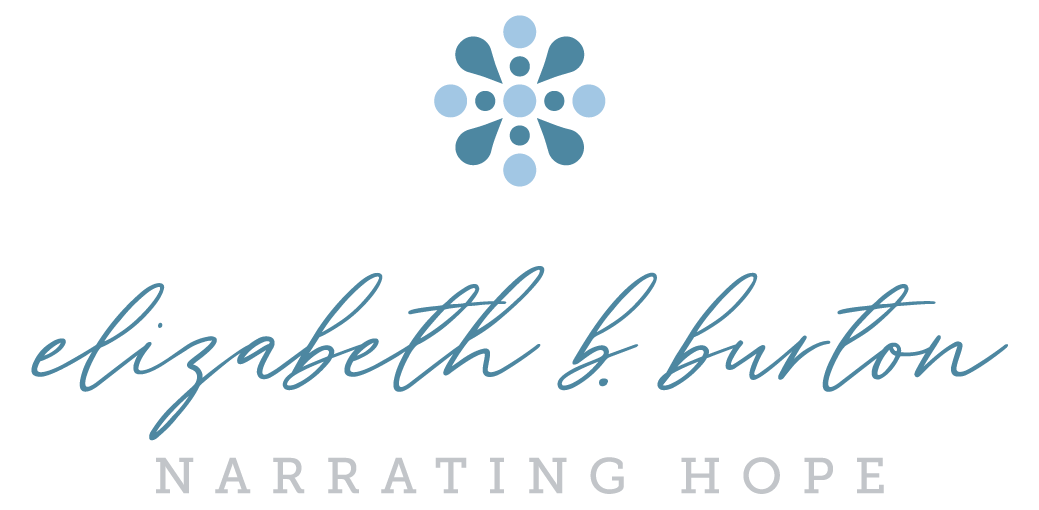Navigating Living Grief: Validating and Mourning Losses that Often Feel Invisible
Grief touches our lives and pierces our hearts in various ways. Traditionally, grief is interpreted as loss through death, yet the reality of grief is that it can be over so many different things. Often these losses have nothing to do with death and yet may be incredibly profound yearnings for what was or what could have been. The term “living grief” is helpful for being able to name and validate such losses. In exploring the concept of living grief, we name the less tangible. This helps us to make sense of things.
You may be grieving the loss of a relationship through a divorce. You may be going through a break up of someone who you thought and hoped would be a part of your life forever. You may be grieving someone you love being in the throws of addiction or even in prison.
You may be experiencing a family member or a friend who will no longer speak to you or even if they speak to you, you are not close like you once were.
You may be grieving dreams for your life or your family. Dreams that have never come to fruition—dreams to be married or happily married, dreams to have children. You may be grieving placing a child for adoption or infertility, mourning the child yet to be born.
Your children may even be alive and well, yet you grieve their childhood being past, your role in their lives, the quiet in your home.
You may find yourself grieving the health of you or your loved one who is very much alive, yet life looks and feels very different with this diagnosis.
You may find yourself grieving for your career and the impact on your finances, social status, or the opportunity to derive meaning from your work.
Validating Grief
All of these things hold grief. The challenge with many of these grief circumstances is that they often are not validated by our culture. Well meaning friends may even say to you “at least….” “At least you were not far along in your pregnancy,” for example. Words like this are not actually comforting. They are invalidating.
Grief is not the same for each person, so even if one person feels mildly sad over one kind of loss, to another person they might be shaken to the core and very much feeling the loss, reorienting their lives to adjust and live in the midst of what feels incredibly hard.
If you are experiencing grief that no one knows about or that people know about but do not validate, it’s important that you validate the losses for yourself. This can be done individually or with the help of a counselor, but in naming the grief, you are more able to heal. Writing about your grief is one way to validate the grief for yourself. Sometimes seeing losses in writing can be especially validating. Another way to validate loss is simply being more aware of your self-talk. Often we are prone to minimize and downplay as we think it will make us feel better. Yet, ultimately being more honest with ourselves is a much more gentle and authentic way to navigate through hard things.
Let’s think for a minute about when someone passes away. We mark the significance of the passing. Often not perfectly and it may not get the validation it needs, but typically there is a funeral, a ceremony, a significance to the end of someone’s life, whereas living grief is often not named nor validated, and yet it is carried around in our hearts and minds. In this way, we can consider the importance of validating these losses for ourselves.
Permission to Mourn
Remember that grieving typically does not happen linearly. It is messy and chaotic. There are no checkboxes nor a grief routine. Grief triggers are sometimes predictable and other times show up unannounced. Grief involves emotions and heartache, journeying in and through grief to a place of integration of the loss.
Grief begs to be expressed. Tears fall for a reason. Tears and sadness are not about being weak or an inability to hold yourself together. They are an authentic expression on the outside of what you are navigating on the inside, your interior world where your heart aches and nothing makes sense.
When we let ourselves mourn our losses, we are more fully able to integrate losses into our lives and find meaning. It’s an incredibly important process to mourn what is hurtful and adjust and find new ways to access a meaningful life.
In summary, living grief is often a form of invisible loss, yet in the making of what is invisible, more visible to ourselves, we are more able to integrate our losses in a healthy way where they become part of our story, and yet we are able to adjust and make meaning moving forward.
For Reflection:
What are examples of living grief in your life?
How can you validate living grief for yourself?
How does "permission to mourn" sit with you?
Elizabeth B. Burton is a licensed professional counselor and life coach with Burton Counseling, PLLC. Elizabeth lives just outside of Chattanooga, TN.; you can learn about Elizabeth here and about services provided here. Elizabeth also provides support to individuals and groups through an online course on Coping with Anxiety & Stress and through providing workshops and speaking opportunities. Elizabeth communicates about mental health and well-being through both the Narrating Hope newsletter and podcast as well as through her writing. Elizabeth would love to connect with you and welcomes you to sign up for the newsletter, listen in to the podcast, reach out about working together, and connect on social media.

